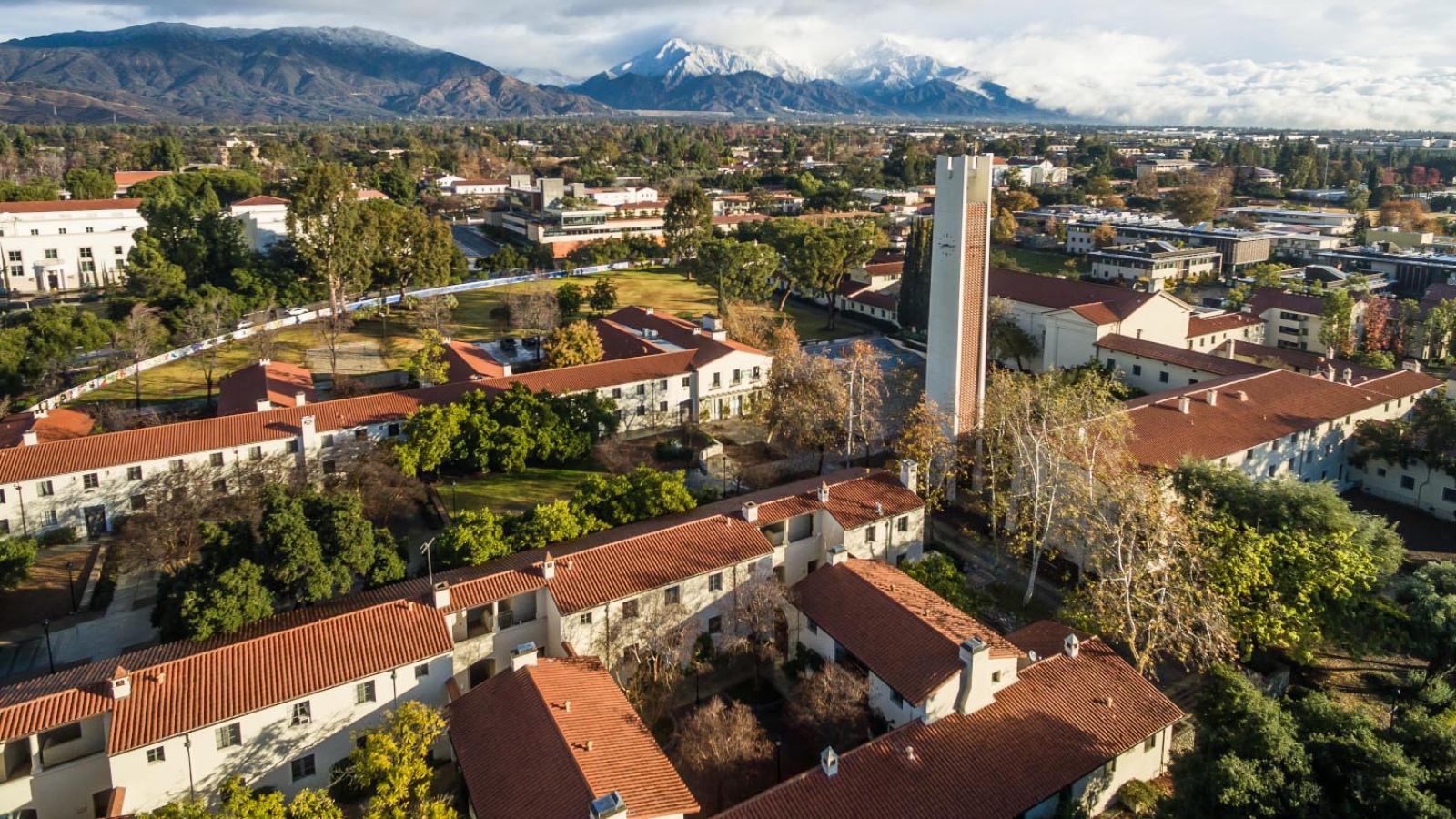By Clare A’Hearn (PO ’26) A recent focal point in Republican attack ads is bail reform. More specifically, ending the cash bail system. The United States currently employs cash bail for arrested individuals awaiting trial, but there is a push to end the system, in part because it disproportionately impacts low-income people. There is an imposition of a “poverty penalty” from cash bail, as...
Beyond Cash Bail: Reform Efforts and Alternatives for the United States Bail System
From Paris to Glasgow: After 6 years, little has changed in the world’s mission to combat climate change.
By Eshika Arora (PO ’23) From rising sea levels threatening to swallow up island nations to recurring heat waves forcing mass migrations, the effects of climate change have already been disastrous, and the worst is yet to come. In an attempt to avert the looming climate crisis, more than 95% of the world’s countries came together at the United Nations Climate Change Conference (COP21) in...
How the Indo-Pacific Quad could help Taiwan
The democratic alliance in the Asia-Pacific region will be key to balancing a rising China’s ambitions. By Eshika Arora (PO ’23) The Indo-Pacific Quad, also known as the Quadrilateral Security Dialogue, is a loosely defined alliance between the United States, Australia, Japan, and India. Recently, its member states have taken steps to deepen economic and security cooperation within the...
The Dollar Bills on Your Data: Why the Fourth Amendment Fails in the Digital Era
By Grace Zheng We have all been told to be careful with what we post on social media — it can cost us anything from an embarrassing moment in front of friends to even a job. However, our digital footprint has far greater implications than we may realize. The racial and legal consequences arising from the purchase of data from third-party companies, as well as the use of this data in policing...
ClientEarth lawsuit against Shell USA Inc. holds great potential for the future of climate
law
By Emrys Yamanishi In March of 2022, ClientEarth, an environmental law firm and shareholder with the gasoline company Shell, filed a lawsuit against Shell under the Companies Act 172 and 174, positing that the company was “failing to implement an energy transition that aligns with” the Paris Agreement. Garnering support from several other Shell shareholders including Nest, London...
Section 66A’s Inhibition of Online Expression: A Legal Zombie
By Tara Mukund The Indian internet freedom landscape is getting spookier by the day. The latest onslaught is a legal zombie, better known as Section 66A of the Information Technology Act, 2000 (S.66A). Such undead laws rise from a gap between legal invalidation and continued enforcement. They are ‘dead’, in that they are constitutionally invalid, and will not hold up in court...
Compassionate Release: Reform the Bureaucratic Process
By Clare A’Hearn In the United States there are currently over 158,000 people incarcerated in federal penitentiaries. Compassionate release provides an opportunity of reentry to these incarcerated individuals, but compassionate release is not granted at a sufficient rate, even when individuals can prove the “extraordinary and compelling reasons” mandated for approval. Compassionate release...
Alliance for Hippocratic Medicine v. FDA: The Case that Could Bar Access to Medication Abortion in the U.S.
By Sami Gottsegen PZ ’25 The Supreme Court decision in Dobbs v. Jackson Women’s Health Organization, which overturned the federal right to abortion, inspired an influx of anti-abortion legislation in states across the country. Since June, twenty-four states have banned or placed heavy restrictions on abortion, representing the broader political attack on reproductive freedom. Now, a case...
Charter Schools: the Cost of Educational Innovation
By Arivumani Srivastava (PO ’26) Charter school enrollment across the United States has more than doubled since 2009 from 1.6 million to 3.4 million students, despite their increasingly polarizing position in communities and governments across the nation. This growth has been the source of contentious political debate on the efficacy and effectiveness of charter schools, resulting in bitter...
AB 257 And the Wrongful Discharge Clause: Legal Support for Fast Food Employees
Emrys Yamanishi PO ’25 California is home to the most fast-food employees of any state in the country. Those almost 400 thousand workers currently make $15.61 per hour, averaging about $30,000 per year in wages. Reflecting the diversity of the state, over 80% of these are workers of color, almost 70% are women, and 20% have children. Many of these workers face unsafe and unsanitary...


